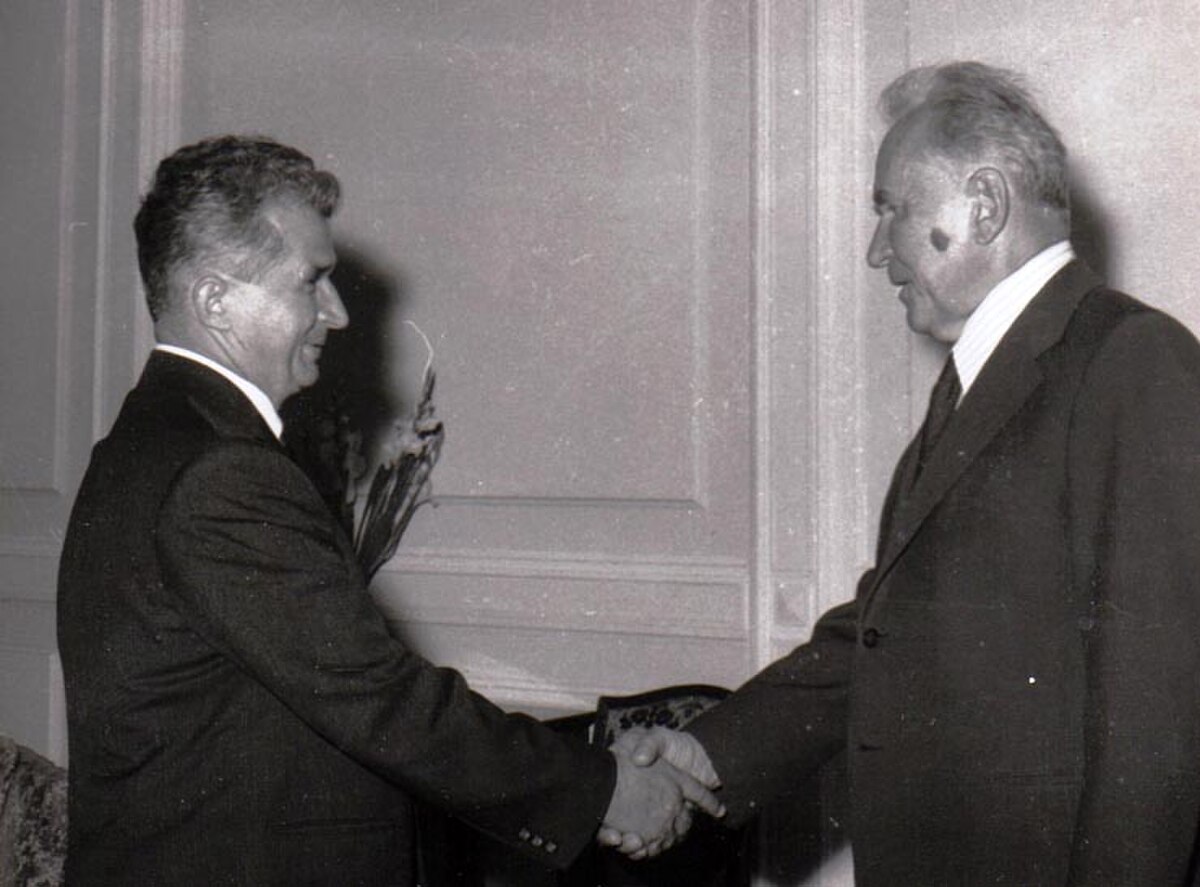
1973 Soviet economic reform
RussiaThe 1973 Soviet economic reform was an economic reform initiated by Alexei Kosygin, the Chairman of the Council of Ministers. During Leonid Brezhnev's rule of the Union of Soviet Socialist Republics (USSR), the Soviet economy began to stagnate; this period is referred to by some historians as the Era of Stagnation. After the failed 1965 reform Kosygin initiated another reform in 1973 to enhance the powers and functions of the regional planners by establishing associations. The reform was never fully implemented, and members of the Soviet leadership complained that the reform had not even been fully implemented by the time of the 1979 reform.
The reform had the side effect of weakening the powers of regional planners over industrial policy even further. By 1981, roughly half of Soviet industry had been merged into associations with an average of four member enterprises in each association. A problem was that an association usually had its members spread over different raions, oblasts, and even republics, which aggravated the State Planning Committee's localisation planning.
The newly established associations made the Soviet economic system even more complex. Many associations increased production amongst member enterprises, such as the Gor'kii automobile plant in Leningrad, which was used as a "model example" by the Central Committee of the Communist Party of the Soviet Union (CPSU) to demonstrate a good association and a unified Primary Party Organisation (PPO). The Gor'kii plant did not share the same problems as some other associations, as all its members were located in the same city. The relations between an association and the PPO were much more strained if the association had members over a wide geographic area.
The reform had the effect of disrupting the CPSU's traditional allocation of resources between territorial and industrial agencies. Kommunist, a Soviet newspaper, noted that PPOs that supervised associations with members over a wide geographic area tended to lose touch with the local party and factory organisations, which prevented them from working effectively.
